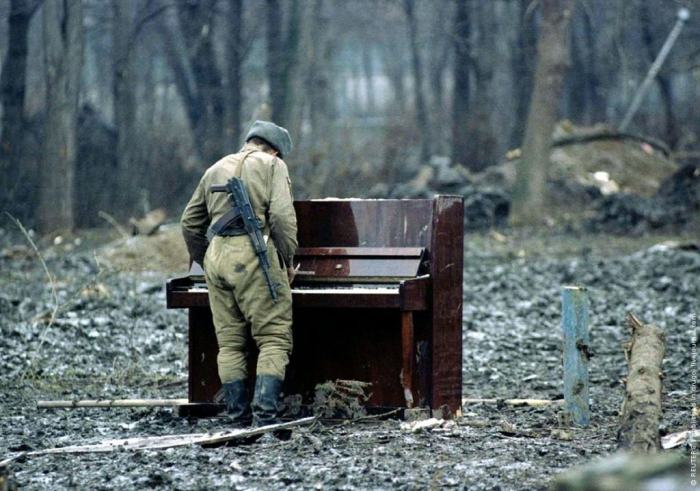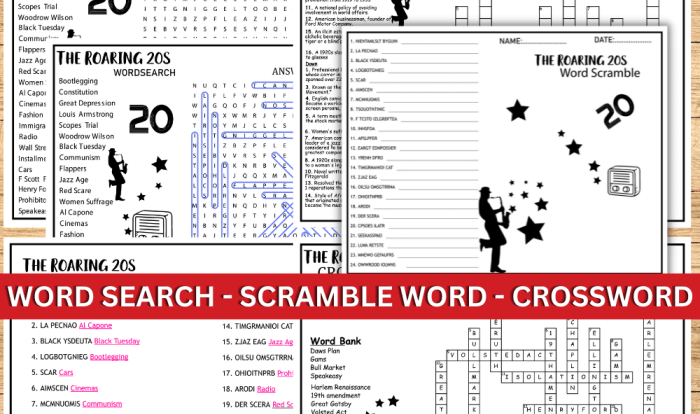German soldier forced to play piano: a chilling practice that unfolded during World War II, revealing the dark intersection of music, war, and the human psyche. This somber narrative delves into the circumstances that compelled German soldiers to perform on the piano, the psychological impact it inflicted, and its enduring legacy in shaping perceptions of music and warfare.
The practice of forcing German soldiers to play the piano emerged as a peculiar and unsettling aspect of military culture. Soldiers were subjected to this treatment for various reasons, including morale boosting, punishment, or as a form of psychological torture.
Historical Context
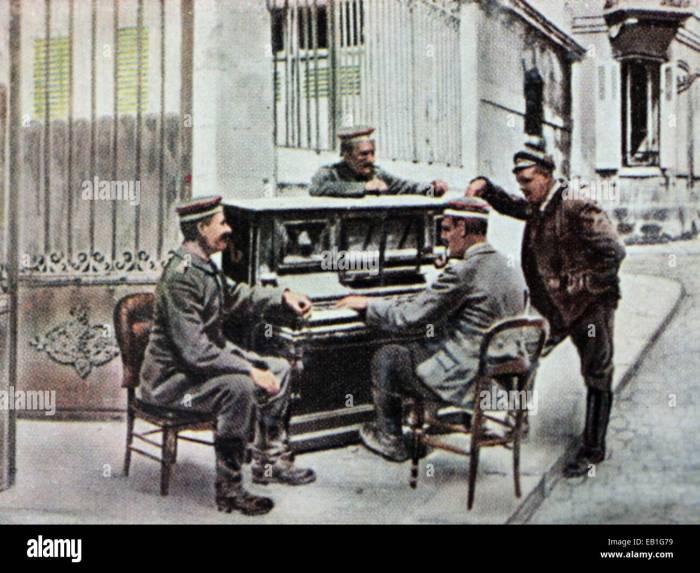
Music has always played a significant role in German military culture, dating back to the 16th century. Military bands were used to boost morale, regulate marching, and communicate orders on the battlefield.
During World War II, German soldiers were sometimes forced to play the piano as a form of punishment or entertainment. This practice was particularly common in occupied territories, where soldiers would be ordered to play for the amusement of officers or civilians.
Musical Aspects
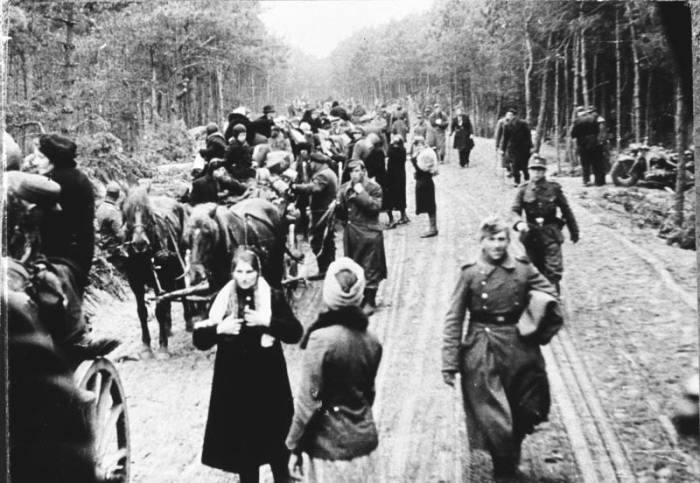
The musical repertoire forced upon German soldiers was predominantly classical music, chosen for its familiarity and perceived ability to instill discipline and patriotism. The pieces ranged from traditional German folk songs to works by renowned composers such as Beethoven, Mozart, and Bach.
Technical Challenges and Artistic Implications
Playing the piano under duress presented significant technical challenges. The soldiers were often untrained musicians, forced to perform complex pieces without proper instruction or practice. The emotional toll of their circumstances further hindered their ability to concentrate and perform with precision.
Despite these challenges, some soldiers displayed remarkable resilience and artistic expression. They found ways to adapt the music to their own experiences, using it as a means of expressing their emotions and coping with the horrors of war.
Music as Solace and Resistance
Music could provide a form of solace for the soldiers, offering a temporary escape from the harsh realities of their situation. It could also serve as a form of resistance, allowing them to express their dissent and defiance through the act of playing.
In some cases, soldiers would intentionally play music that was banned or considered subversive, such as jazz or popular songs. This act of defiance, though small, could provide a sense of empowerment and solidarity among the prisoners.
Cultural Legacy: German Soldier Forced To Play Piano
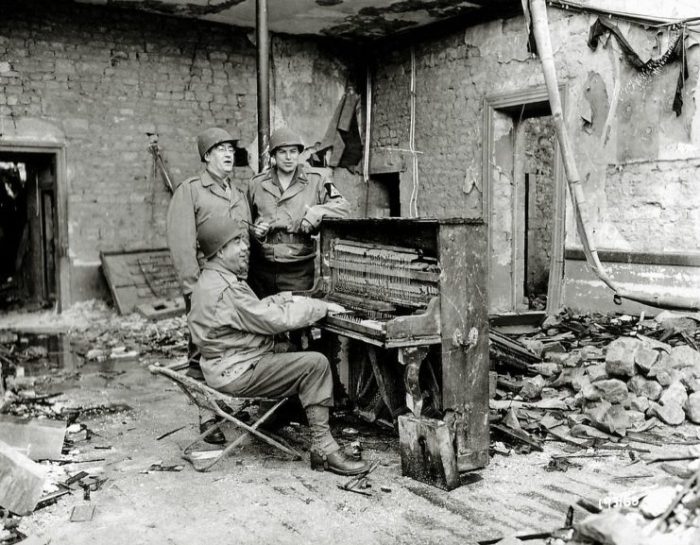
The practice of forcing German soldiers to play piano during World War II has left a lasting impact on the perception of music in German culture.
In the immediate aftermath of the war, music was seen as a tool of propaganda and oppression. However, over time, attitudes towards music have changed. Today, music is seen as a form of expression and healing, and the practice of forcing soldiers to play piano is seen as a dark chapter in German history.
Portrayal in Literature, Film, and Other Art Forms, German soldier forced to play piano
The practice of forcing German soldiers to play piano has been portrayed in a number of works of literature, film, and other art forms. Some of the most notable examples include:
- The Pianist(2002), a film by Roman Polanski that tells the story of a Jewish pianist who is forced to play for Nazi officers during the Holocaust.
- The Reader(2008), a film by Stephen Daldry that tells the story of a young German woman who has an affair with an older man who is later revealed to be a Nazi war criminal.
- Suite Française(2014), a novel by Irène Némirovsky that tells the story of a French family during the German occupation of France.
These works of art have helped to raise awareness of the practice of forcing German soldiers to play piano and its impact on the victims.
Ongoing Debates and Controversies
There are ongoing debates and controversies surrounding the use of music as a weapon of war. Some people argue that music can be used to torture and demoralize prisoners of war, while others argue that music can be used to promote peace and healing.
The practice of forcing German soldiers to play piano is a complex and controversial issue. There is no easy answer to the question of whether or not it was justified. However, it is important to remember that music is a powerful tool that can be used for both good and evil.
Detailed FAQs
What were the reasons behind forcing German soldiers to play the piano?
German soldiers were forced to play the piano for various reasons, including boosting morale, inflicting punishment, and as a form of psychological torture.
What were the psychological effects of being forced to play the piano on German soldiers?
The psychological effects included emotional distress, shame, resentment, and potential trauma.
What was the musical repertoire that German soldiers were forced to play?
The musical repertoire varied, but often included classical pieces, marches, and popular songs.
How has this practice been portrayed in popular culture?
This practice has been depicted in literature, film, and other art forms, highlighting its lasting impact on cultural perceptions.
